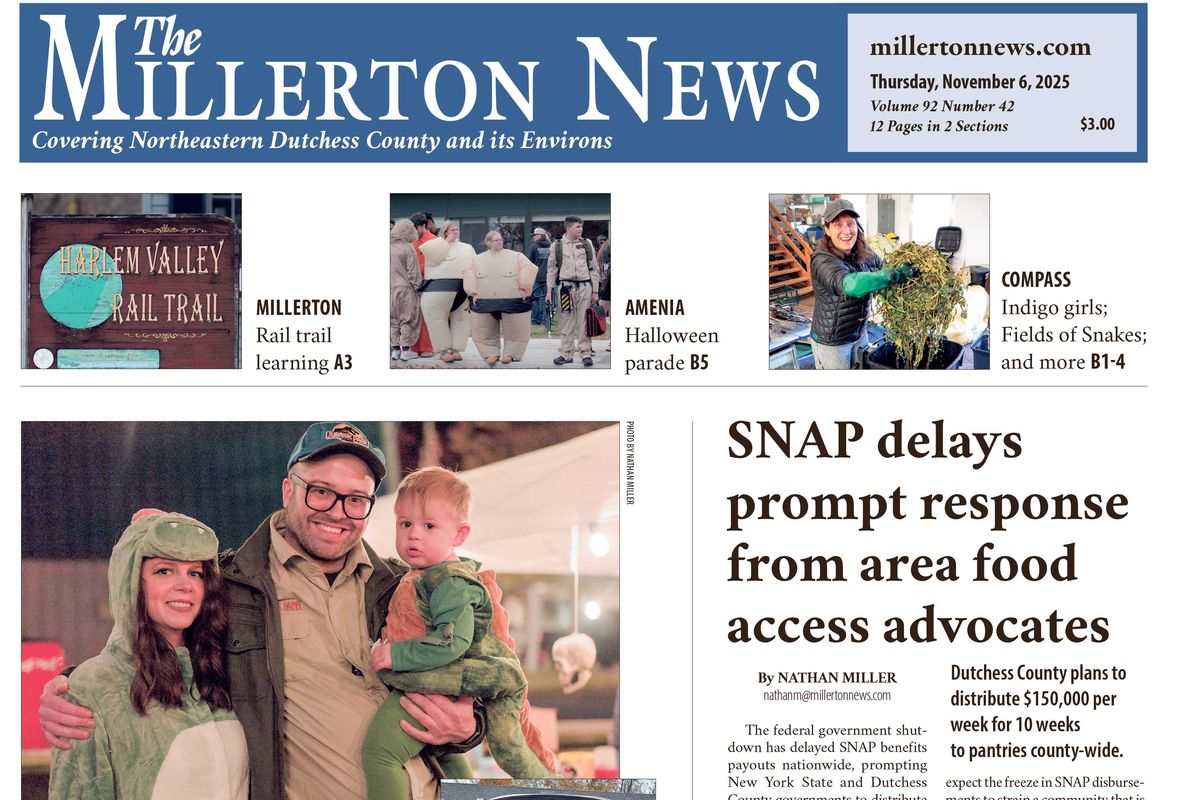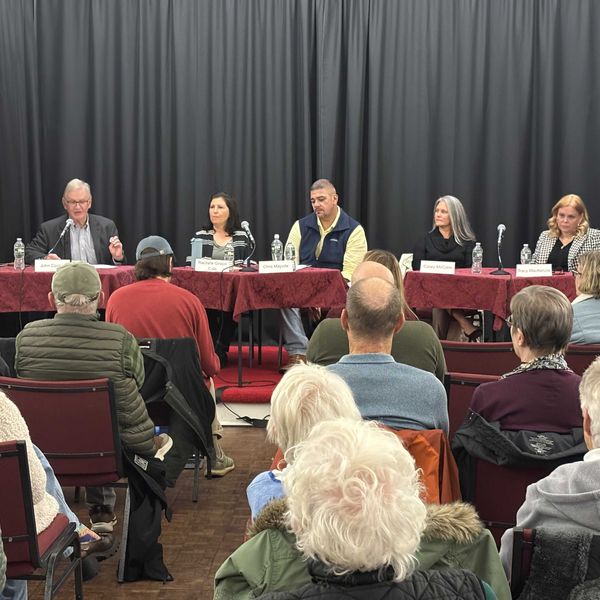Sustainable agriculture & lively outreach
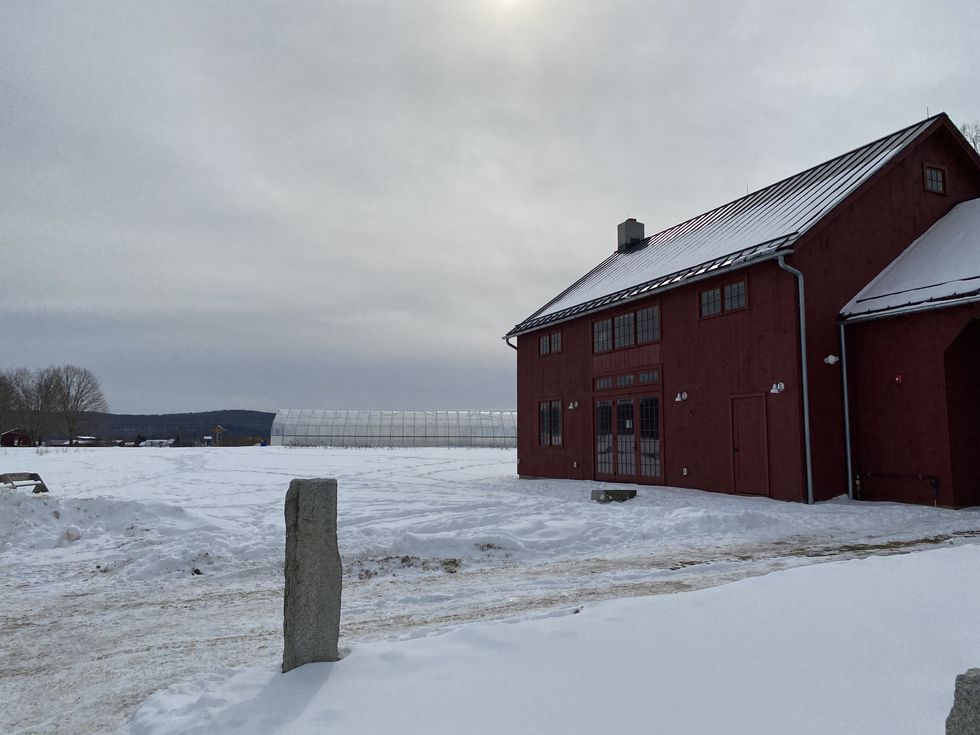
Amy Sidran, who is education coordinator at The Hotchkiss School’s Fairfield Farm, gave a talk explaining how the farm has grown, and what happens to the meats and produce that are raised there.
Photo by Cynthia Hochswender

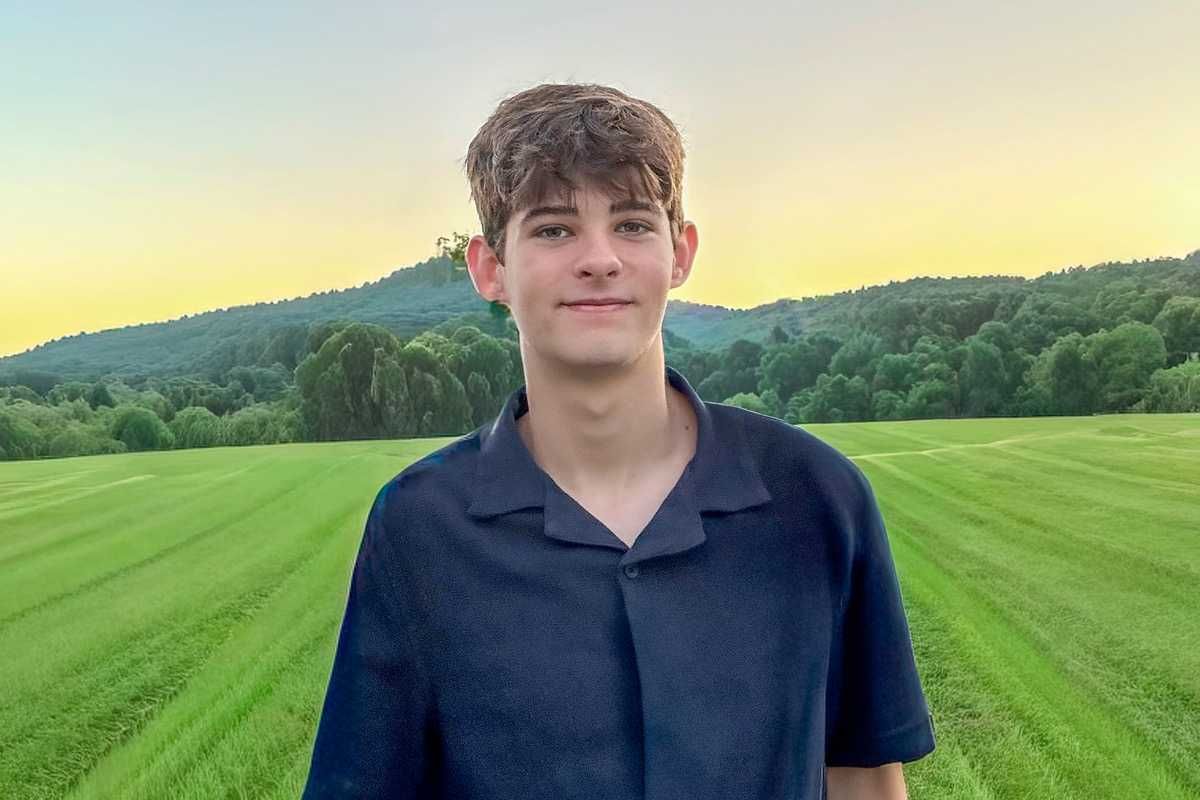
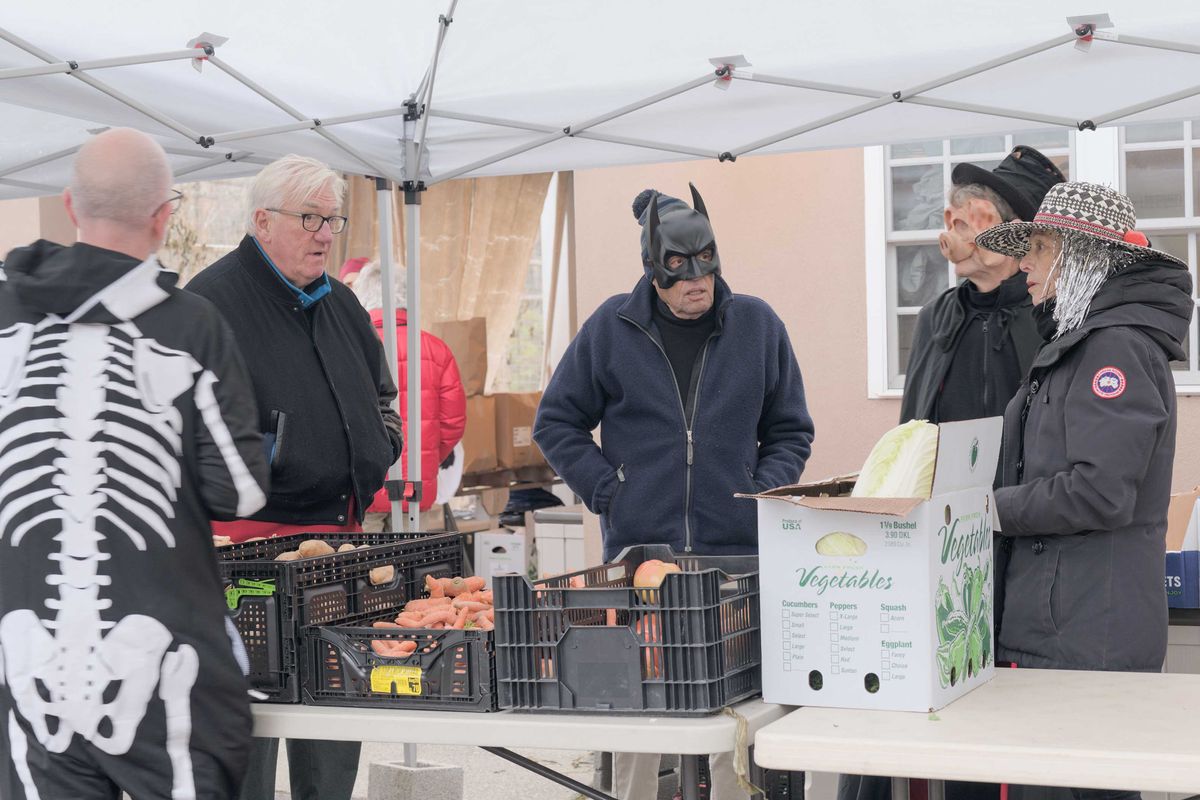

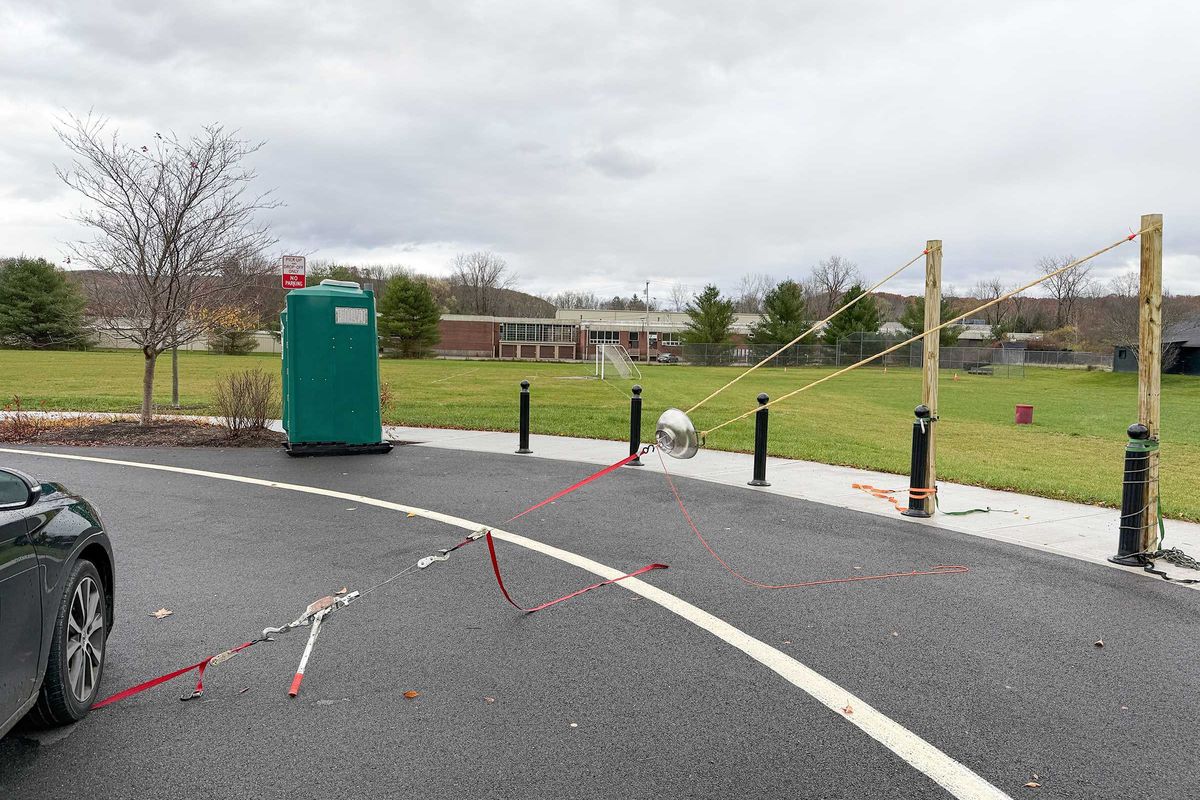

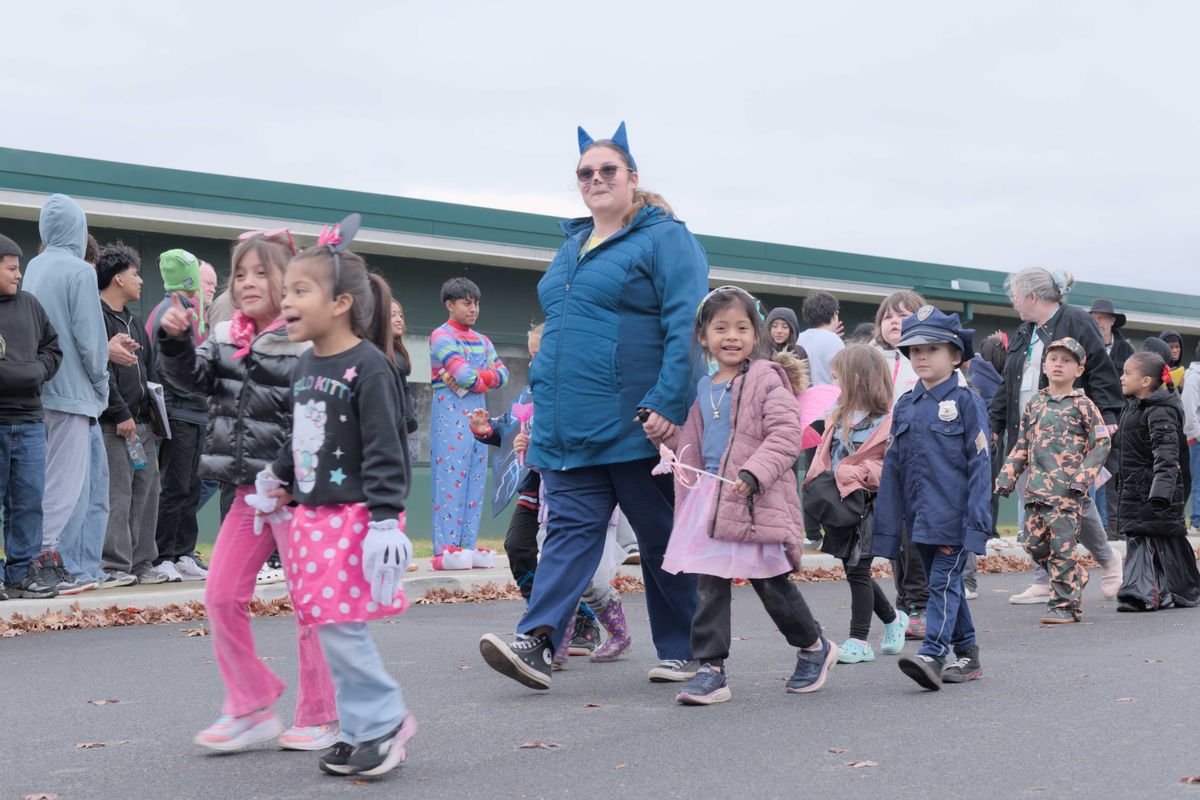
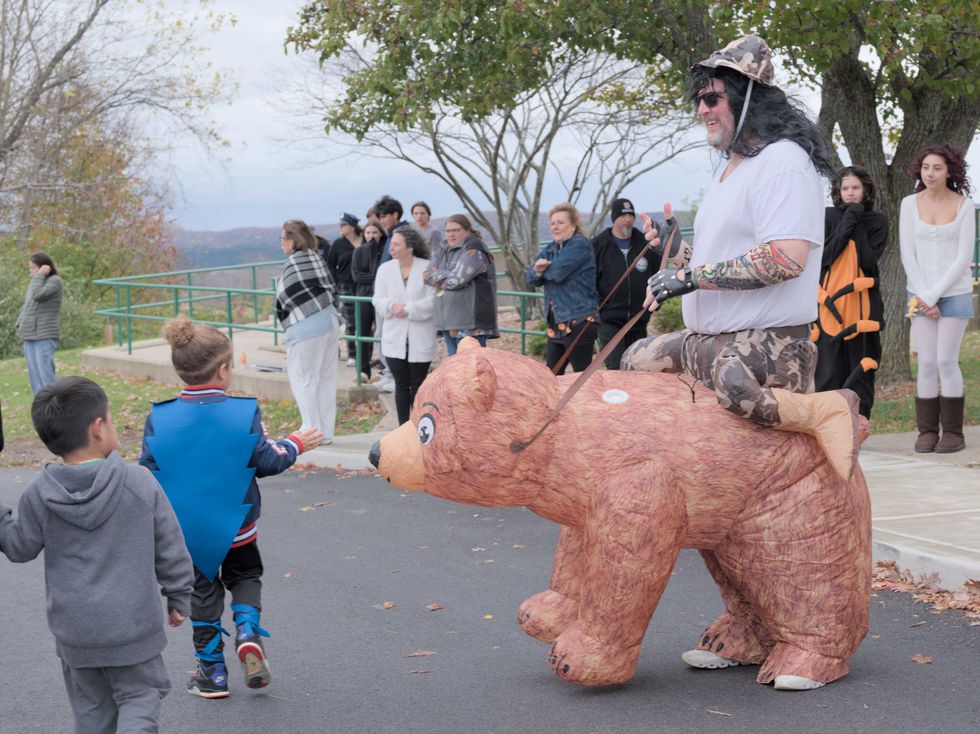 Webutuck High School social studies teacher Kevin Kleespies let students pet his bear steed as they passed.Nathan Miller
Webutuck High School social studies teacher Kevin Kleespies let students pet his bear steed as they passed.Nathan Miller